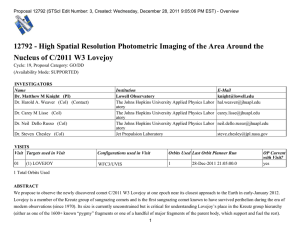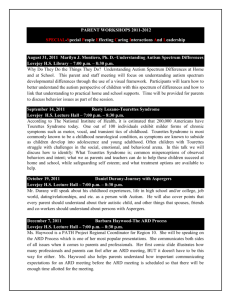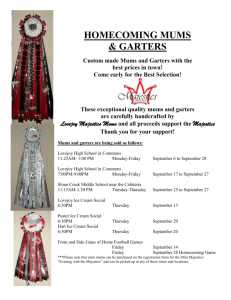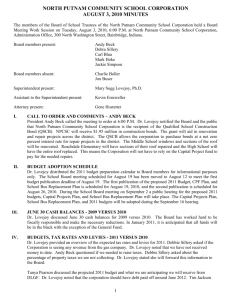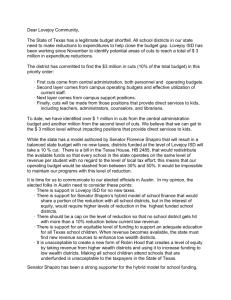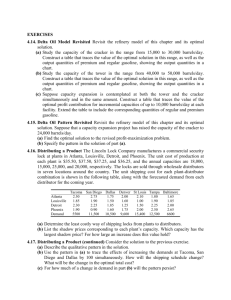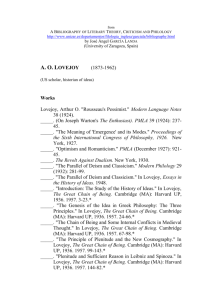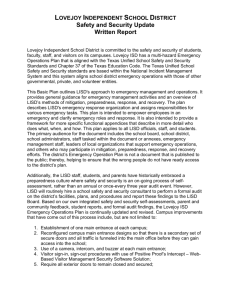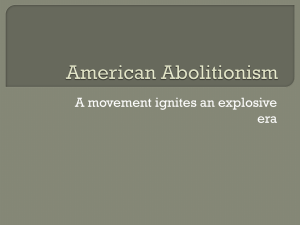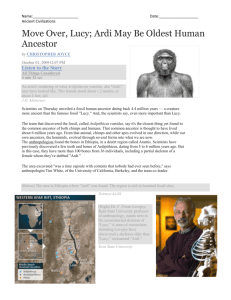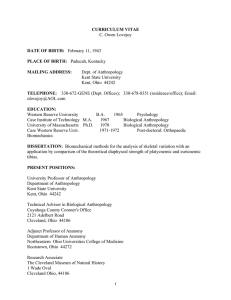Core Idea: CARE
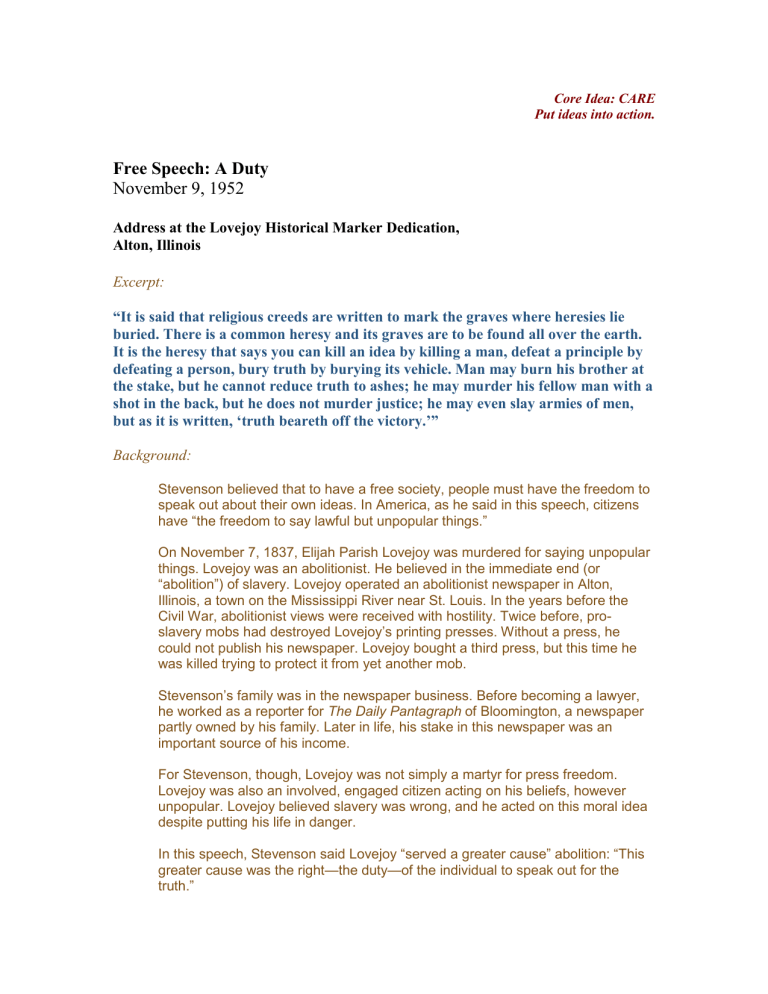
Core Idea: CARE
Put ideas into action.
Free Speech: A Duty
November 9, 1952
Address at the Lovejoy Historical Marker Dedication,
Alton, Illinois
Excerpt:
“It is said that religious creeds are written to mark the graves where heresies lie buried. There is a common heresy and its graves are to be found all over the earth.
It is the heresy that says you can kill an idea by killing a man, defeat a principle by defeating a person, bury truth by burying its vehicle. Man may burn his brother at the stake, but he cannot reduce truth to ashes; he may murder his fellow man with a shot in the back, but he does not murder justice; he may even slay armies of men, but as it is written, ‘truth beareth off the victory.’”
Background:
Stevenson believed that to have a free society, people must have the freedom to speak out about their own ideas. In America, as he said in this speech, citizens have “the freedom to say lawful but unpopular things.”
On November 7, 1837, Elijah Parish Lovejoy was murdered for saying unpopular things. Lovejoy was an abolitionist. He believed in the immediate end (or
“abolition”) of slavery. Lovejoy operated an abolitionist newspaper in Alton,
Illinois, a town on the Mississippi River near St. Louis. In the years before the
Civil War, abolitionist views were received with hostility. Twice before, proslavery mobs had destroyed Lovejoy’s printing presses. Without a press, he could not publish his newspaper. Lovejoy bought a third press, but this time he was killed trying to protect it from yet another mob.
Stevenson’s family was in the newspaper business. Before becoming a lawyer, he worked as a reporter for The Daily Pantagraph of Bloomington, a newspaper partly owned by his family. Later in life, his stake in this newspaper was an important source of his income.
For Stevenson, though, Lovejoy was not simply a martyr for press freedom.
Lovejoy was also an involved, engaged citizen acting on his beliefs, however unpopular. Lovejoy believed slavery was wrong, and he acted on this moral idea despite putting his life in danger.
In this speech, Stevenson said Lovejoy “served a greater cause” abolition: “This greater cause was the right —the duty—of the individual to speak out for the truth.”
- - - - - - - - - - - - - - - - - - - - - - - - - - - - - - - - - - - - - - - - - - - - - - - - - - - - - - - - - - - - - -
FULL TEXT of November 9, 1952 address at the Lovejoy Historical Marker
Dedication:
In May of 1827, Elijah Lovejoy left his native village in the state of Maine for his first journey to his future home in the Mississippi Valley. As he came by schooner into Boston
Harbor on the first leg of his long and arduous trip, he saw a frigate which had been taken from the British in the War of 1812 by the gallantry of American arms. This chance encounter moved him to write in his diary: “…as I gazed upon her and thought of the glorious achievements of my countrymen, my heart beat thick and proudly.”
The youth of twenty-five who wrote those words had perhaps not yet learned what was to be borne in so hardly upon the man of thirty-five—that the glorious achievements of our countrymen are not all to be found in our military and naval annals; what he was yet to learn is that ordinary living affords many occasions for men to dare greatly, to live dangerously, and even to die nobly.
A decade from the time Elijah Lovejoy set out in such exuberant spirits to live and work in the great new Middle Country, such an occasion came to him. And, as he met it— bravely, directly, unyieldingly—so do our hearts, in his phrase, “beat thick and proudly” as we remember the first martyr to the freedom of the press, the freedom not just to denounce heretics, but to pronounce heresies, the freedom to say lawful but unpopular things.
To many of his contemporaries it must have seemed that Lovejoy’s cause had ended in defeat. His own life was gone, his family stricken with grief and destitute, his hearse and his memory reviled by those who wanted no talk of human freedom to disturb their complacency and the existing order of things.
Lovejoy embraced a great idea in an early and perilous stage of that idea’s development.
And that is usually dangerous, particularly when the idea is a new idea, disturbing to existing institutions, habits, and prejudices. His idea was that the enslavement of black by white was wrong and should be ended. That was a very radical idea and much more blood was to flow, the lives of millions more were to be wrecked, before that idea was to prevail.
But the measure of Lovejoy’s triumph is to be found in the fact that only a quarter of a century was required to establish it as the law of the land. And across this scene of
Lovejoy’s death there fell, some twenty years later, the shadow of the tall, gaunt man who was to be the instrument to do this work. For not far from the plaque we dedicate today is the marker commemorating the last of the Lincoln-Douglas debates, held here in
Alton in October, 1858.
Elijah Lovejoy, however, served a greater cause than that of the abolition of Negro slavery. And it was his devotion to this cause which we will remember long after the struggle over the abolition of slavery has been all but forgotten. This greater cause was the right—and the duty—of the individual to speak out for the truth. I make the reference to “duty” advisedly because that was the way Lovejoy thought of it. To his fellow citizens of Alton, in meetings assembled to protest the turmoil provoked by his outspokenness, he said: “I am impelled to the course I have taken because I fear God. As
I shall answer to my God in the great day, I dare not abandon my sentiments, or cease in all proper ways to propagate them… If the civil authorities refuse to protect me I must look to God; and if I die, I have determined to make my grave in Alton.”
There are many vigorous and powerful statements of the right to be permitted to speak freely, but I know of none more moving. And in these days of clamorous and jostling assertion of rights and privileges, it is sobering to be reminded by these words of duties as well as rights.
Lovejoy saw the problem in terms of what he felt obliged to say, not merely of what he might be entitled to say. The distinction is an important one; and only those who observe the one as well as claim the other serve fully the cause of truth.
Human character being what it is, heroes in the classic mold of Elijah Lovejoy are rare.
Of such stuff were the martyrs made. Neither is it given to many to see the truth in human affairs with the clarity and depth of Lovejoy’s crusading conviction. But we can have confidence in the ultimate triumph of truth, and in the certainty that our fellow men will seek it out and follow it if only they can hear and speak and sift the true and false in untrammeled peace.
Some of the residents of Alton did not have that confidence in 1837. Some of our fellow citizens of America do not have that confidence today.
One of the greatest and wisest of living Americans, speaking in the detachment and wisdom of his retirement from the bench, found words for his countrymen not long ago when he said: “I believe that that community is already in the process of dissolution where each man begins to eye his neighbor as a possible enemy, where non-conformity with the accepted creed, political as well as religious, is a mark of disaffection; where denunciation without specification or backing takes the place of evidence; where orthodoxy chokes freedom of dissent; where faith in the eventual supremacy of reason has become so timid that we dare not enter our convictions in the open lists to win or lose.”
The American conviction could not find a more accurate statement than this by Judge
Learned Hand. It has been the American conviction from the beginning that men are only free when they respect each other’s freedom.
It is said that religious creeds are written to mark the graves where heresies lie buried.
There is a common heresy and its graves are to be found all over the earth. It is the heresy that says you can kill an idea by killing a man, defeat a principle by defeating a person, bury truth by burying its vehicle. Man may burn his brother at the stake, but he cannot reduce truth to ashes; he may murder his fellow man with a shot in the back, but he does not murder justice; he may even slay armies of men, but as it is written, “truth beareth off the victory.”
It is fitting that we dedicate this memorial to Elijah Lovejoy here in Alton, as a constant reminder of our eternal battle. For we fight not against flesh and blood, but we fight, in the long run, against the spiritual enemies of man himself.
It is the genius of American freedom that we admit our mistakes, even as we confess our sins. So we confess our sins even as we reaffirm our faith, that “Truth crushed to earth, will rise again,” that a people, under God, can have a new birth of freedom, that every age needs men who will redeem the time by living with a vision of things that are to be.
— Adlai E. Stevenson II
- - - - - - - - - - - - - - - - - - - - - - - - - - - - - - - - - - - - - - - - - - - - - - - - - - - - - - - - - - - - - -
Discussion Questions:
1.
When Stevenson spoke of not fearing to speak the hard truths and the unpopular, how did that relate to his 1952 campaign against Eisenhower?
2.
What was occurring at the time of the speech that reflected the judge’s quote, “that community is already in the process of dissolution where each man begins to eye his neighbor as a possible enemy, where non-conformity is a mark of disaffection”?
Keywords: Elijah Lovejoy, abolition, abolitionism, abolitionist, freedom of speech, freedom of the press, heresy, Lincoln-Douglas debates, American slavery, Negro slavery, American freedom
